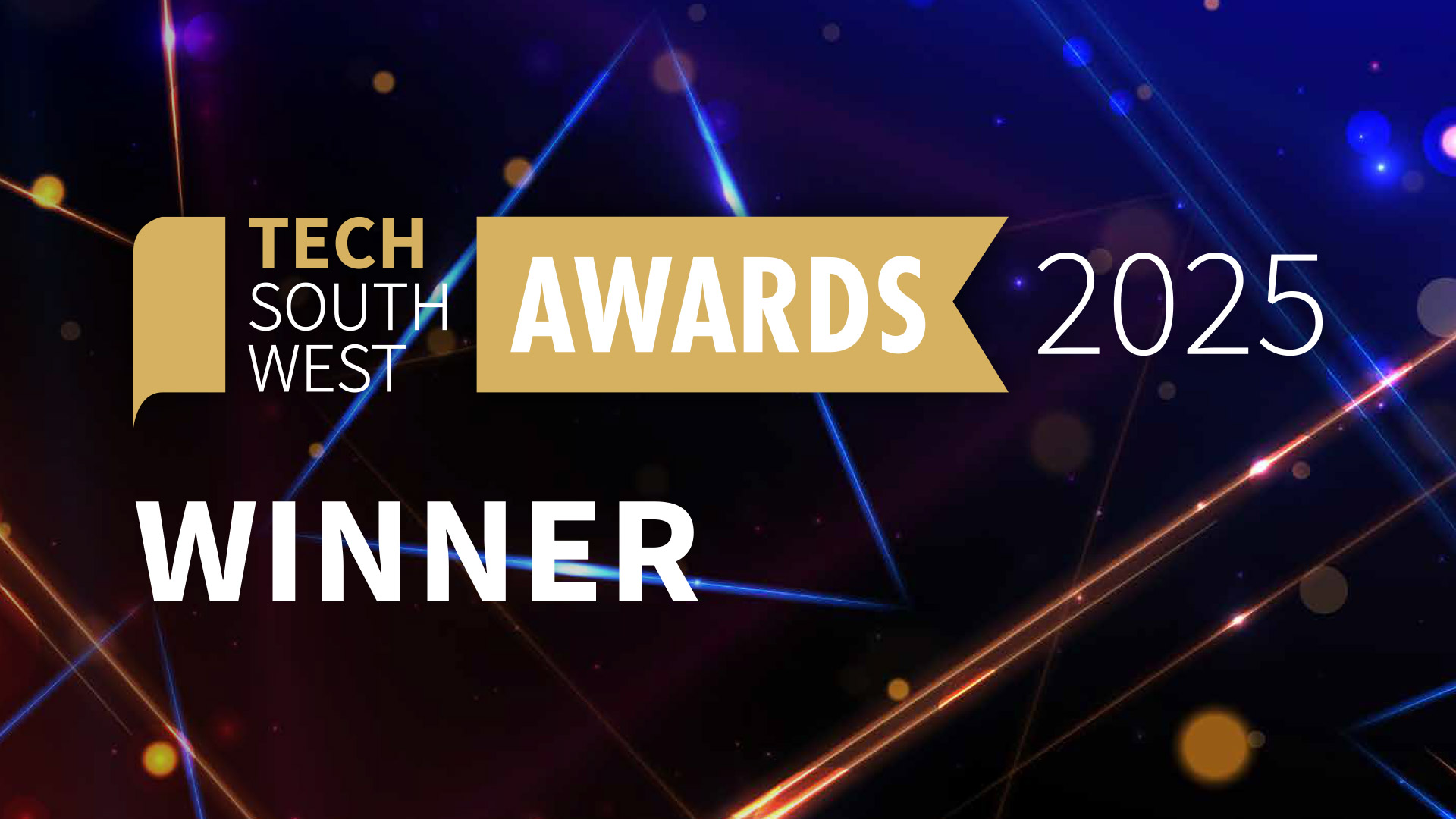As the UK accelerates its transition to cleaner transport, the growth of electric vehicles (EVs) presents both a massive opportunity and a major challenge of how to source, use and reuse the critical minerals that power these vehicles in a way that is sustainable, secure and economically viable. The answer lies in more than just recycling, it lies in building a fully circular battery ecosystem.
Altilium is leading the charge with the UK’s only end-to-end EV battery circularity model-from collection and processing of end-of-life batteries to the production of battery ready cathode active materials (CAM) and recovered anode materials for new cells. Our mission is clear: to close the loop, keep critical materials onshore and build a scalable, low-carbon supply chain that underpins the UK’s clean energy future.
The Case for Circularity: A New Industry Model for the UK
“In new industries, it’s about being first to market and scaling fast. At Altilium, we focus on speed, momentum and the ecosystem we’re building around us to drive circularity in the UK battery economy.”
— Dr Christian Marston, COO
The shift to EVs is driving an unprecedented demand for battery materials, especially lithium, nickel, cobalt. The UK alone is forecast to require 132,000 tonnes of CAM annually by 2030, more than double the 56,000 tonnes projected for 2027 (APC, 2024). Meanwhile, EVs are now one in four new cars sold (June 2025) and we expect 90 GWh of battery capacity by 2030, giving high volumes of scrap in the UK.
Meeting this soaring demand through virgin mining alone is environmentally unsustainable, geopolitically risky and economically inefficient. Battery recycling offers a solution, with the potential to supply up to 50% of the materials needed for new UK battery production by 2040. But to deliver on this potential, recycling must move beyond shredding batteries and exporting black mass. It must become a domestic circular industry that returns battery-ready materials back into UK Gigafactories and OEM supply chains.
Altilium’s Fully Integrated Model: Battery Collection to CAM and Anode
Unlike others who operate in silos, Altilium is building a vertically integrated solution that captures value across the battery lifecycle. Our circular system includes:
- Recell.store and the Altilium Urban Mine Model
Through Recell.store, the UK’s first used battery marketplace, we ensure efficient, low carbon collection from across the UK’s EV fleet, securing feed to our recycling plants. - Black Mass Production and Refining
With joint ventures and wholly owned facilities, we convert spent batteries into black mass, which is then refined into battery-grade metal salts. - CAM and Anode Material Production
Altilium will supply OEMs and Gigafactories with high-purity CAM and graphite-based anode material, recovered from recycled precursors, delivering true circularity and reducing dependency on virgin imports.
This is not just recycling, it’s a new, industrial-scale supply chain built for sustainability, resilience, and rapid scale-up.
The Altilium Green Value Proposition: Lower Cost, Low-Carbon Battery Materials
Altilium’s EcoCathode™ and EcoAnode™ technologies are not just about recycling, they’re about reshaping the economics and carbon footprint of battery manufacturing.
Our recycled CAM is projected to be 20% lower in cost than conventional materials by 2035 (Strategy& and RWTH Aachen University, 2023), potentially enabling a 5% reduction in the total cost of a new EV.
Environmentally, we deliver 74% lower carbon emissions for CAM and 77% lower emissions for recovered anode materials. This combined impact could result in a 20–25% reduction in the embedded carbon footprint of a new EV built using our recycled materials.
Critically, performance is not compromised. Independent testing confirms that our recycled CAM and graphite anode materials perform on par with commercial, virgin-sourced products. This proves that circularity can deliver both sustainability and technical excellence, while strengthening domestic supply chains and reducing reliance on overseas imports.
EU Battery Regulation: Supporting OEMs on Compliance
By 2031, EU Battery Regulations will require minimum recycled content in new batteries. UK-based OEMs will need to comply to export, and they’ll need trusted domestic partners to help them meet these obligations.
Altilium’s integrated recycling system not only ensures compliance, but also improves cost efficiency, supply transparency and a low carbon supply chain.
Why Vertical Integration Matters
Our integrated approach is not just about environmental leadership, it’s a strategic business model designed to:
- Capture Value Across the Chain: By owning each stage of the recycling process, from collection to refining, Altilium captures margins across the lifecycle rather than ceding value to intermediaries.
- Economies of Scale: Integration enables scale-up, from our ACT 2 Pilot to ACT 4 mega-scale battery recycling, designed to process 50,000 MT of black mass and produce 30,000 MT of CAM annually, alongside anode material recovery, will be the UK’s largest integrated battery recycling facility.
- Defensible IP Position: Altilium is securing patents across the value chain, from battery collection to refining and pCAM and CAM synthesis, creating long-term competitive moats that differentiate us from rivals focusing on single steps.
Building a Battery Future for the UK
The UK risks losing valuable critical minerals overseas if it fails to build a domestic recycling capability. With our ACT 2 pilot already operational, ACT 3 and ACT 4 in development, Altilium is ensuring those materials and the economic value they represent stay in the UK.
We’re not just recycling batteries. We’re building a new British industry because of electrification, delivering clean jobs, energy resilience and a pathway to net zero through circular supply chains.
Get in touch
Building the recycling infrastructure needed for net-zero requires a collaborative approach.




